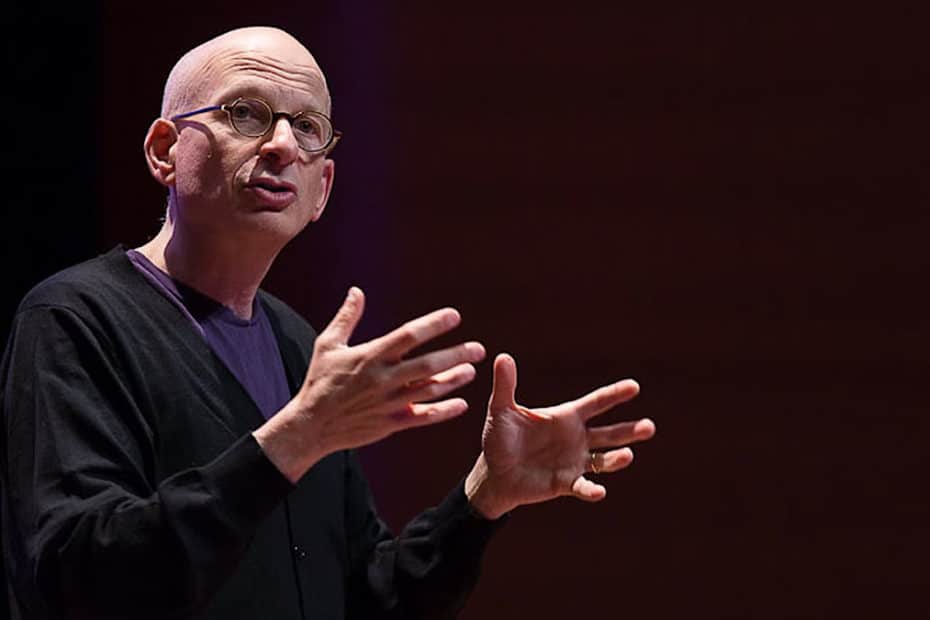Who’s Your Tribe?

Human beings have an innate sense of wanting to belong to a community. It’s genetically ingrained in us. This leads many people to actively seek out a like-minded group, or tribe, to join.
It might be Gen Y Hipsters, whose appropriation of elements of Baby Boomer culture creates a self-perceived uniqueness. It could be older women who are cancer survivors and who have formed a support network. It may be a LGBTQ group. Then there are those who are musicians of a certain genre, or perhaps artists or photographers. Or it could be people who seek to initiate political change through organized protest (eg, Occupy Wall Street—composed of sub-tribes, Black Lives Matters). And one can’t forget church tribes, each with its own uniqueness and interpretation of the Bible.
Whatever the tribe, the underlying premise is to provide a means for people to share their experiences, seek support from one another, and initiate change. But what do we mean by “tribe?”
In its more traditional sense, the word “tribe” has a much different definition than how it’s used today by some people. At its most elemental form, a tribe is a clan-based social structure. Encyclopedia of Britannica explains it this way:
Tribe, in anthropology, a notional form of human social organization based on a set of smaller groups, having temporary or permanent political integration, and defined by traditions of common descent, language, culture, and ideology.
Oxford Dictionary defines a tribe as:
A social division in a traditional society consisting of families or communities linked by social, economic, religious, or blood ties, with a common culture and dialect, typically having a recognized leader.
In contemporary urban usage, “tribe” has been morphed into a wholly different distinct meaning. Marketing genius Seth Godin (below photos) has perhaps been the most outspoken in creating a new meaning for the word tribe and stressing the importance of how people as members of tribes can initiate change though self-empowerment. Through his books, blogging and public speaking, Godin’s messaging is based on the generation and distribution of ideas in a digital world.

At the core of Godin’s talk is leadership and how tribes are enablers to initiating change through the generation and distribution of ideas. As he puts it: “Tribes are everywhere…. Tribes are what matter now…leading and connecting people and ideas.”
He stresses the importance of pushing back to challenge the status quo. And to do so means that we need to find something worth changing and then identify or create a tribe with people who really care about an issue.
Gen Y (Millennials) has a greater propensity towards tribalism, in contrast to their older cohorts (Gen X and Baby Boomers). This isn’t surprising, given that Gen Y is more relationship-based and collaborative, both at work and in the community. It’s an intelligent response to the changes taking place in the workplace and in society at large.
In an age of turbulent change, full of uncertainties for young people, becoming a member of a tribe has appeal. Being part of an identity in which values are shared and where inter-personal support is a key feature can be instrumental in helping people navigate the challenges that relentlessly emerge. And to Seth Godin’s point, it’s about people self-empowering themselves to become leaders and working constructively to make positive changes to society.
Here are three questions that Godin presents at the end of his TED Talk. Take time to reflect on them as you proceed with your leadership journey.
1) Who are you upsetting? (If no one, you’re not challenging the status quo)
2) Who are you connecting? (It’s about building inter-personal relationships)
3) Who are you leading? (If there are no followers, there’s no leadership)
Who’s YOUR tribe? JT
It turns out that tribes, not money, not factories, that can change our world, that can change politics, that can align large numbers of people. Not because you force them to do something against their will. But because they wanted to connect.
— Seth Godin
Articles from Jim Taggart
View blog
The following 10 lessons are not aimed at just those who wish to move into managerial positions; the ...

The leadership field—and its cousin management—has an over abundance of information, from books, per ...

Many years ago, I watched Eco-Challenge 2000 on the Discovery Channel (a show that ran from 1995 to ...
Related professionals
You may be interested in these jobs
-
kitchen helper
Found in: Talent CA 2 C2 - 1 day ago
Tiki-Ming Coquitlam, CanadaEducation: · Expérience: · Education · No degree, certificate or diploma · Tasks · Clean and sanitize items such as dishwasher mats, carts and waste disposal units · Replenish condiments and other supplies at tables and serving areas · Sanitize and wash dishes and other items b ...
-
cook
Found in: Talent CA 2 C2 - 1 day ago
647277 NB Ltd Moncton, CanadaEducation: · Expérience: · Education · Secondary (high) school graduation certificate · Tasks · Prepare and cook complete meals or individual dishes and foods · Plan menus, determine size of food portions, estimate food requirements and costs, and monitor and order supplies · I ...
-

pontier en chargement
Found in: Jobillico Premium CA C2 - 6 days ago
Structures d'acier Élite INC. Saint-Eustache, CanadaNous somme a la recherche d'une personne pour opérer le pont roulant pour le chargement de remorque. · Faire l inventaire de materiel recu et tout tache conexe a la fabrication de structure d acier.Une carte d'opérateur de pont rourant ou de cariste est un atout. · Horaire de 40 ...



Comments
Zacharias 🐝 Voulgaris
2 years ago #5
I had to. Clearly you lacked the intelligence to form an support for your thesis (if you can call it that)…
Jim Taggart
2 years ago #4
Thanks for supporting my reply.
Zacharias 🐝 Voulgaris
2 years ago #3
At least my words aren't as weak as your insults nor as your arguments (or lack thereof)!
Jim Taggart
2 years ago #2
Your arrogance is most profound.
Zacharias 🐝 Voulgaris
2 years ago #1
So, the issues of tribalism and echo chambers isn't a real thing for you? Perhaps it's easier to outsource thinking to some guru who did a talk on another echo chamber of a platform (which is notorious for censoring anything too challenging). To answer your question, I'm in the tribe of thinkers. Maybe you've heard of us. Cheers